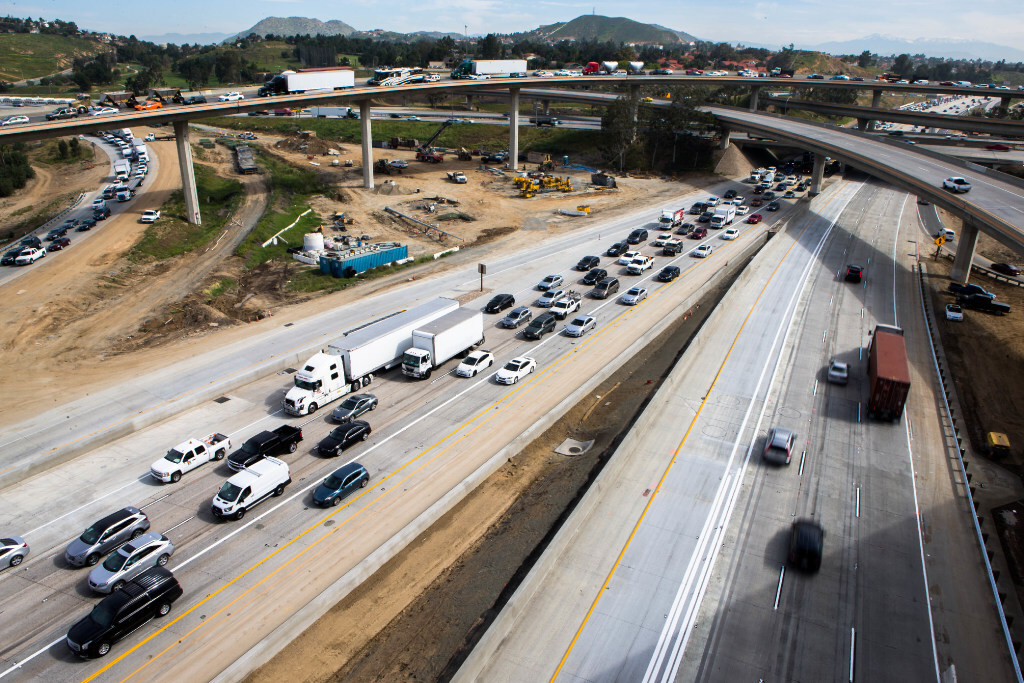
-
9.2K Views 0 Comments 0 Likes

Los Angeles – The nation’s largest metropolitan planning organization on Thursday committed to helping its 191 cities and six counties bridge the digital divide and increase broadband access in underserved communities throughout Southern California.
Within the SCAG region alone, 10 percent of households do not have access to adequate internet speeds or have no internet access whatsoever. These households are disproportionately located in low-income or rural areas, where the population is predominantly Black, Latino or over 65 years old.
A resolution adopted by the Regional Council of the Southern California Association of Governments (SCAG) is aimed at addressing a problem that has become even more pronounced during the COVID-19 pandemic as schools, many jobs, healthcare and a significant number of government services have gone online. Without adequate broadband infrastructure, underserved communities find themselves at a bigger disadvantage, resulting in a widening of the equity gap.
The resolution adopted Thursday directs SCAG staff to develop a Broadband Action Plan, which would include:
“Closing the digital divide is critical to our commitment to addressing economic and social disparities within communities of color,” said SCAG President Rex Richardson, Vice Mayor of Long Beach. “Broadband has become essential infrastructure for the 21st century, but as many as 10% of Southern California households – disproportionately located in low-income communities – continue to be left out in the cold.”
Under Richardson’s leadership, SCAG declared racism a public health crisis, established a special committee on equity and social justice, and focused its 2020 Southern California Economic Summit on developing an inclusive recovery strategy.
Those efforts have underscored just how onerous the digital divide has become, and the need to expedite the development of broadband infrastructure and prove connectivity at an affordable rate.
“It’s a vicious cycle for residents in disadvantaged communities, who are struggling to participate in the digital landscape due to lack of affordability or infrastructure,” said Kome Ajise, SCAG’s Executive Director. “Our aim is to build regional cohesiveness and work with local municipalities to develop the framework and support they need to address this critical task.”
Desert Local News is an invitation-only, members-based publication built on fact-checked, non-biased journalism.
All articles are publicly visible and free to read, but participation is reserved for members—comments and discussion require an invitation to join.
We cover local, state, and world news with clarity and context, free from political agendas, outrage, or misinformation.